
Multiple organs work together to make up your digestive system.
These organs take the food and liquids you eat and break them down into simpler forms, such as proteins, carbs, fats, and vitamins. The nutrients are then transported across the small intestine and into the bloodstream, providing energy for growth and repair.
Here are 12 foods that are good for digestion:
Pineapple

Pineapples are a tasty tropical fruit rich in digestive enzymes. In particular, pineapples contain a group of digestive enzymes called bromelain.
Papaya

Papaya is another tropical fruit that is rich in digestive enzymes. Like pineapples, papayas also have proteases that help digest proteins. If you want to eat papayas, make sure to eat them ripe and uncooked, as heat exposure can ruin their digestive enzymes.
RELATED: 10 Natural Ways to Improve Your Digestive System
Mango
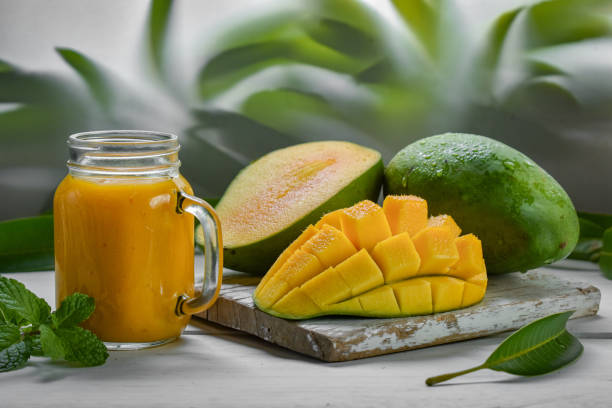
Mangoes are a juicy tropical fruit that is popular in summer. They include the digestive enzymes amylases — a group of enzymes that break down carbs from starch (a complex carb) into sugars like glucose and maltose. The amylase enzymes in mangoes become more active as the fruit ripens. This is why mangoes become sweeter as they start to ripen.
Honey

It’s estimated that Americans ingest over 400 million pounds of honey each year. This mouthwatering liquid is rich in many advantageous compounds, including digestive enzymes.
Bananas

Bananas are another fruit that contains natural digestive enzymes. They contain amylases and glucosidases, two groups of enzymes that break down complex carbs like starch into smaller and more easily absorbed sugars. Like mangoes, these enzymes break down starch into sugars as bananas begin to ripen. That’s why ripe yellow bananas are much sweeter than unripe green bananas.
Avocados
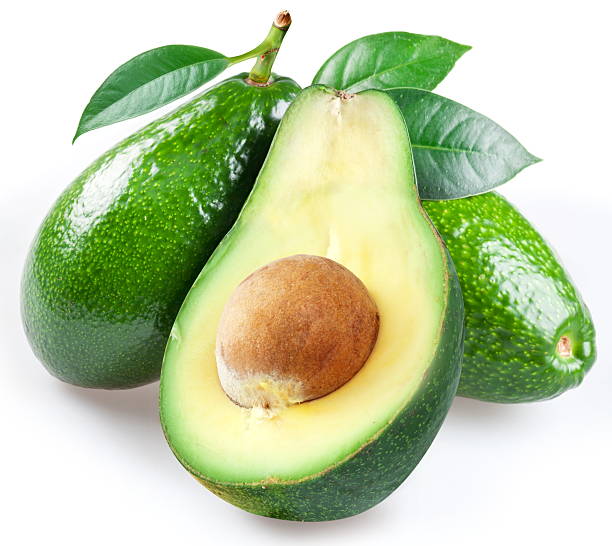
Unlike other fruits, avocados are unusual in that they are high in healthy fats and low in sugar. They contain the digestive enzyme lipase. This enzyme helps digest fat molecules into smaller molecules, such as fatty acids and glycerol, which are more manageable for the body to absorb.
Kefir
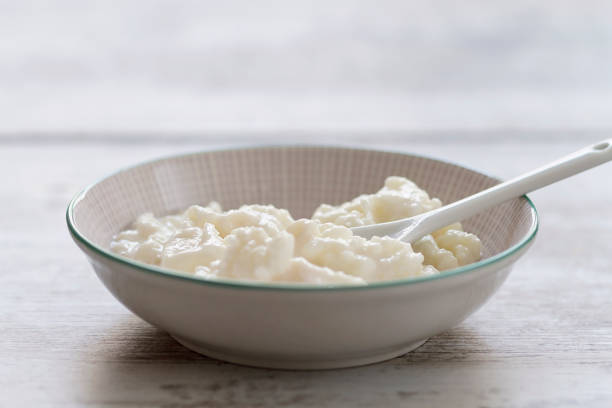
Kefir is a fermented milk drink prevalent in the natural health community. It’s made by adding kefir “grains” to milk. These “grains” are cultures of yeast, lactic acid bacteria, and acetic acid bacteria that resemble cauliflower. During fermentation, bacteria digest the natural sugars in milk and transform them into organic acids and carbon dioxide. This procedure creates conditions that help the bacteria grow and adds nutrients, enzymes, and other beneficial compounds.
Regulate Your Digestive System: 7 Health Benefits of Psyllium
Sauerkraut

Sauerkraut is a kind of fermented cabbage that has a distinctive sour taste. The fermentation process also adds digestive enzymes, which makes eating sauerkraut a great way to increase your intake of digestive enzymes. In addition to containing digestive enzymes, sauerkraut is also considered a probiotic food, as it has healthy gut bacteria that boost your digestive health and immunity.
Kimchi
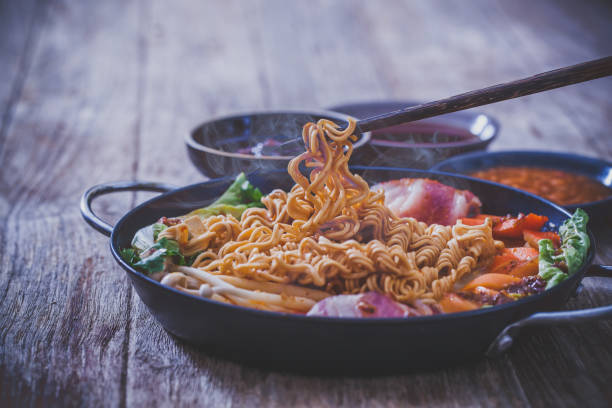
Kimchi is a spicy Korean side dish created from fermented vegetables. As with sauerkraut and kefir, the fermentation process adds beneficial bacteria, which provide nutrients, enzymes, and other benefits.
Miso
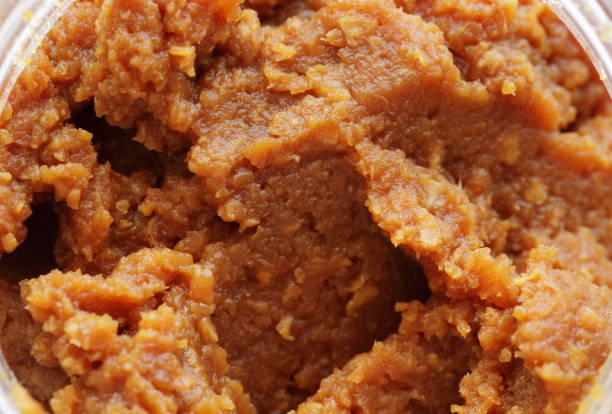
Miso is a famous seasoning in Japanese cuisine. It’s created by fermenting soybeans with salt and koji, a type of fungus. Koji adds digestive enzymes, including lactase, lipases, proteases, and amylases. That’s one reason why miso may enhance the ability to digest and absorb foods. Studies have shown that the bacteria in miso can relieve symptoms linked to digestive problems, such as irritable bowel disease (IBD).
Kiwifruit

The kiwifruit is an edible berry often recommended for easing digestion. It’s a wonderful source of digestive enzymes, particularly a protease called actinidain. This enzyme helps digest proteins and is commercially used to tenderize tough meats. Additionally, kiwifruit has many other enzymes that help ripen the fruit. Scientists think actinidain is one reason why kiwifruits seem to help digestion.
Ginger

Ginger has been a part of cooking and traditional medication for thousands of years. Some of ginger’s unique health benefits may be attributed to its digestive enzymes. Ginger contains the protease zingibain, which digests proteins into their building blocks. Zingibain is used commercially to make ginger milk curd, a famous Chinese dessert. Unlike other proteases, it’s not often used to tenderize meats, as it has a short shelf life.
Related Articles
Conclusion
Digestive enzymes break down larger molecules like fats, proteins, and carbs into smaller molecules that can easily absorb across the small intestine. Without adequate digestive enzymes, the body cannot digest food particles correctly, which may lead to food intolerances. Digestive enzymes can be obtained from supplements or naturally through foods.







